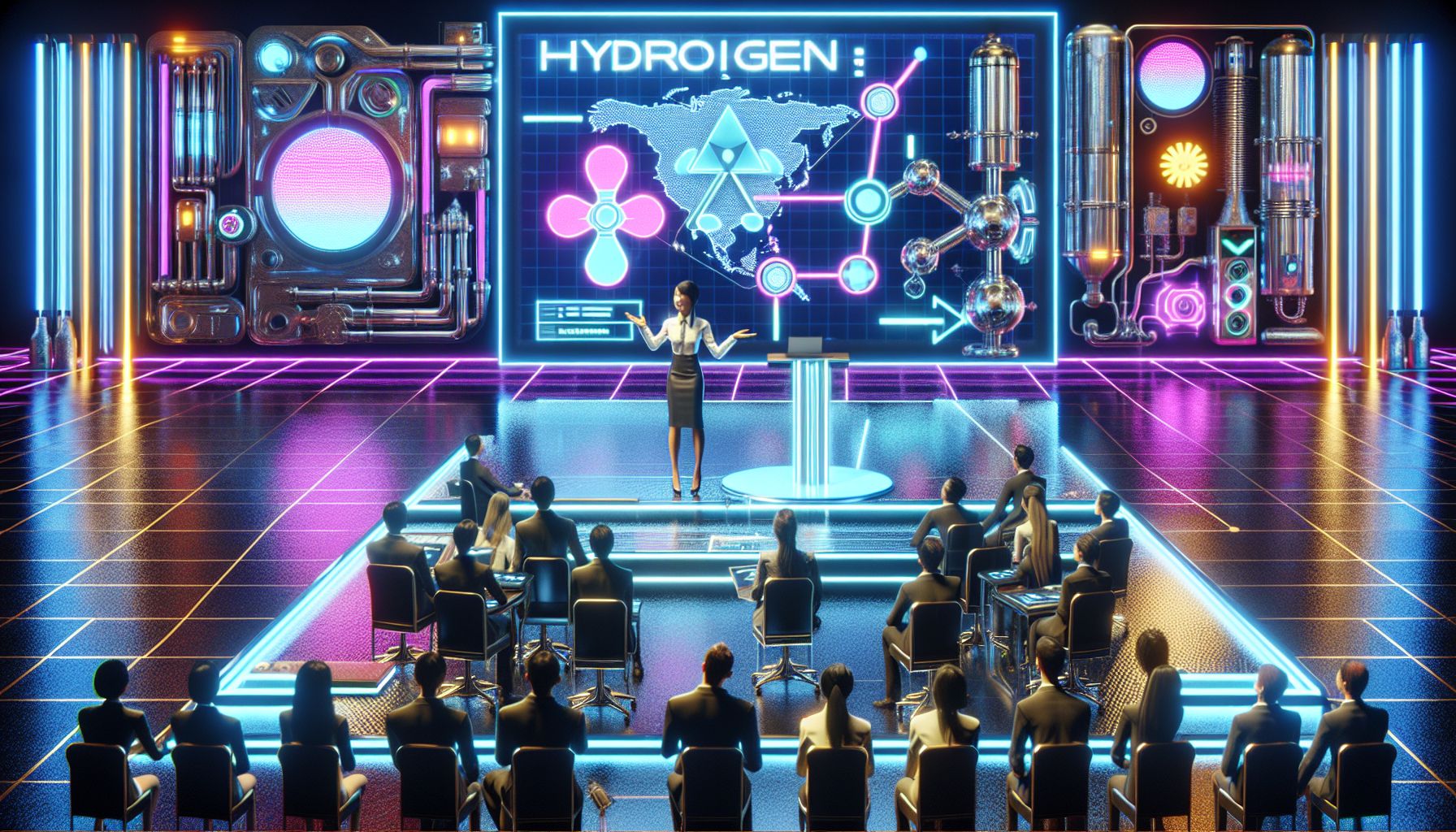Pioneering Distributed Renewables at Asia's Clean Energy Summit

Singapore, Wednesday, 5 November 2025.
At the Asia Clean Energy Summit 2025, ARE emphasized distributed renewable energy’s role in decarbonising Asia-Pacific, highlighting hydrogen’s growing importance in sustainable practices. This showcases a major step towards cleaner energy solutions.
A Groundbreaking Summit for Clean Energy
At the Asia Clean Energy Summit held in Singapore from 28-30 October 2025, the Alliance for Renewable Energy (ARE) reaffirmed its commitment to distributed renewable energy (DRE) solutions. Notably, CEO David Lecoque, Regional Expert Natasha Allen, and board members Ayu Abdullah from COMET and Sandra Liz Hon from H2 Energy were present to champion these initiatives. This summit underscores the crucial role of DRE in the Asia-Pacific’s decarbonisation efforts, and it’s clear that hydrogen is stepping up as a major player in sustainable energy practices [1].
The Hydrogen Revolution
Hydrogen’s potential to revolutionize clean energy was a key topic at the summit. With advancements driven by global collaborations like the IEA Hydrogen Technology Collaboration Programme, hydrogen is set to play a pivotal role across all energy sectors. This initiative aims to accelerate the development of hydrogen technologies, fostering innovation and supporting decarbonization efforts worldwide [2].
Plug Power’s Green Hydrogen Ambitions
Coinciding with the summit, Plug Power announced a major supply agreement with Allied Biofuels for up to 2 gigawatts of electrolyzer systems. This move is part of a broader strategy to bolster the production of sustainable aviation fuels (SAF) and green diesel, marking a significant step in the green hydrogen sector, especially in the Netherlands where solar energy is utilized for production [3][4].
Singapore’s Clean Energy Push
Singapore’s role as a hub for clean energy innovation was further cemented during the Singapore International Energy Week. The event highlighted the country’s commitment to reaching net-zero emissions by 2050 through partnerships and knowledge-sharing initiatives like the ASEAN power grid development, which aims to facilitate cross-border electricity trade [5].